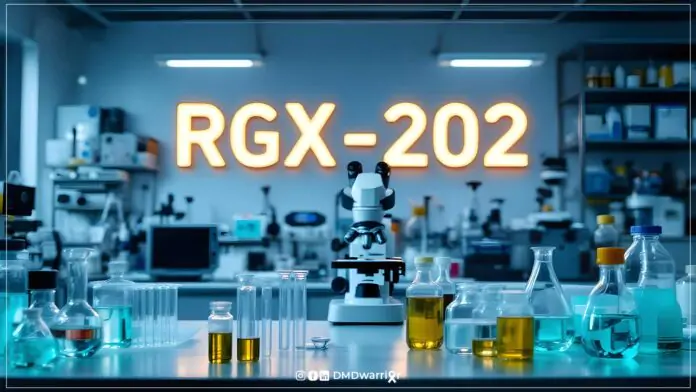The Regenxbio press statement stated that the findings, which came from five patients in the AFFINITY DUCHENNE trial who were between the ages of six and twelve, showed “consistent, robust microdystrophin expression.” Patients were monitored in the trial nine and twelve months after treatment.
According to BMO Capital Markets analysts, the outcomes were largely consistent with Elevidys, a gene therapy for Duchenne muscular dystrophy (DMD) developed by Sarepta and initially authorized in June 2023. “We do not believe that the efficacy difference between RGX-202 and Elevidys is material or could drive/prove differentiated clinical outcomes, even though certain [RGX-202] functional improvements appear slightly higher than Elevidys given the high variability across patients/control and lack of placebo arm,” the analysts wrote on June 5th morning. (Read More: Potential Upcoming New Gene Therapies for Duchenne Muscular Dystrophy)
The main goal of “AFFINITY DUCHENNE” is safety, with microdystrophin expression serving as a biomarker endpoint. No significant negative effects were observed by Regenxbio. The BMO analysts noted that patients on RGX-202 are administered immunosuppressants to reduce those side effects, which is not the case with Elevidys.
The North Star Ambulatory Assessment and timed function tests, such as time to stand, 10-meter walk-run, and time to climb, showed improvements that outperformed external natural history controls, indicating that RGX-202 “continues to demonstrate evidence of positively impacting disease trajectory,” according to the company.
According to materials the business presented at its data reading, Regenxbio plans to apply for a biologics license sometime in mid-2026 through the FDA’s fast approval pathway, with an eye toward an approval in the first half of 2027.
Sarepta and Regenxbio are fierce rivals in the DMD market. Sarepta was sued by Regenxbio in 2020 for violating a patent on a cell culture method for adeno-associated virus (AAV) gene therapy. A Delaware district decided in Sarepta’s favor in 2024, declaring that the cell culture method was not patentable.
After a patient on Elevidys passed away in March from acute liver damage, the safety of DMD gene treatments has been under intense scrutiny (Sarepta, Reports 16 Years Old Boy Death After Elevidys Gene Therapy). Although Regenxbio’s experiment seemed to be safe, the BMO analysts pointed out that “heavy” immunosuppression has hazards of its own and that the viral vector Regenxbio utilizes has its own mortality concerns.


